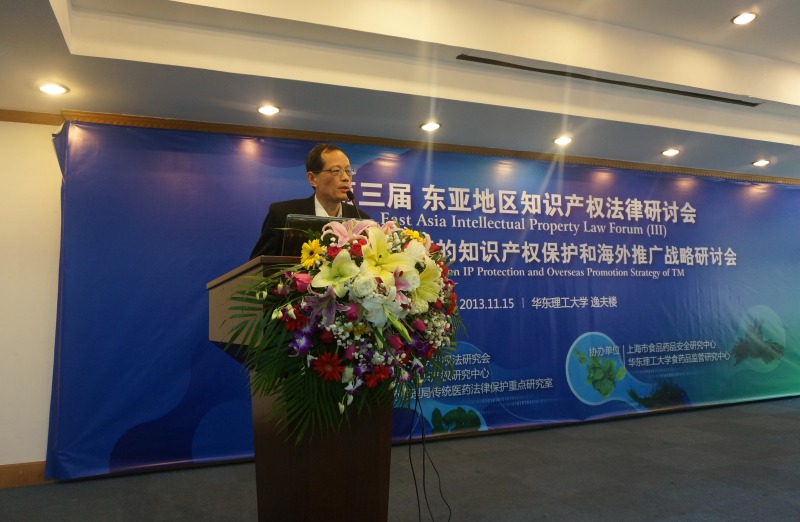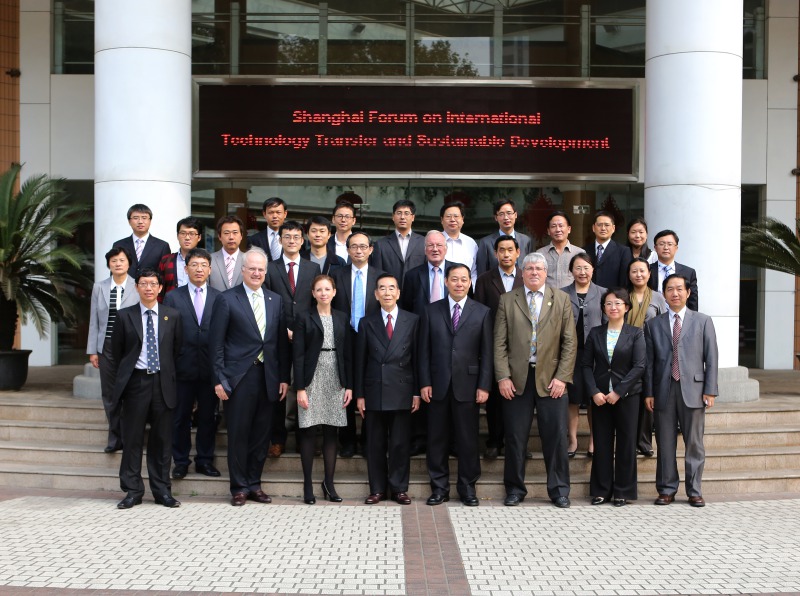Researchers in SIBS Found a New Member in Rice DST Transcriptional Regulation
The research paper DCA1 Acts as a Transcriptional Co-activator of DST and Contributes to Drought and Salt Tolerance in Rice whichwas completed by a research team led by LI Hongxuan from Institute of Plant Physiology & Ecology, SIBS, CAS has been publish on PLOS Genetics on October 23, 2015. This result revealed the transcriptional regulation mechanisms of stress tolerance in rice.
Withthe increasing trend of water shortages and soil salinization, natural disasters, including drought and salt stress, seriously threaten the food production and security. In order to solve this agricultural problem, the botanists at home and abroad devoted themselves into the study on regulatorymechanism of stress tolerance in crop and provided the theoretic foundation forthe future molecular breeding.
The research team has identified an important transcription factor DST (Drought andSalt Tolerance) which could regulate the drought and salt tolerance in rice. Inorder to further improving the regulatory mechanism of stress tolerance, the researchers has found a new member which took part in this mechanism by yeasttwo-hybrid system. They successfully found the DCA1 (DST Co-Activator 1) whichwas an unknown CHY zinc finger protein. The over expression of DCA1 woul dincrease the sensitivity to stress treatment, while the expression of dca1which was the mutant of DCA1 would enhance the drought and salt tolerance inrice. So the DCA1 was an anti-negative regulator.
Further study showed that DCA1 could promote the transcriptional activity of DST andthe over expression of DCA1 could increase the stomatal aperture. The sephenotypes were mainly influenced by DCA1 and negatively regulated stomatalclosure through the direct modulation of genes associated with H2O2 homeostasis. This finding not only increases our understanding of the molecularmechanism by which plants withstand harsh environmental conditions, but it mayalso facilitate future molecular breeding and genetic engineering of drought-and salt-tolerant crops.
Time:2015.10.23
Source: SIBS (Shanghai Institutes for BiologicalSciences)
next:Relationships Between Oncogene And TSG Has Been Found


